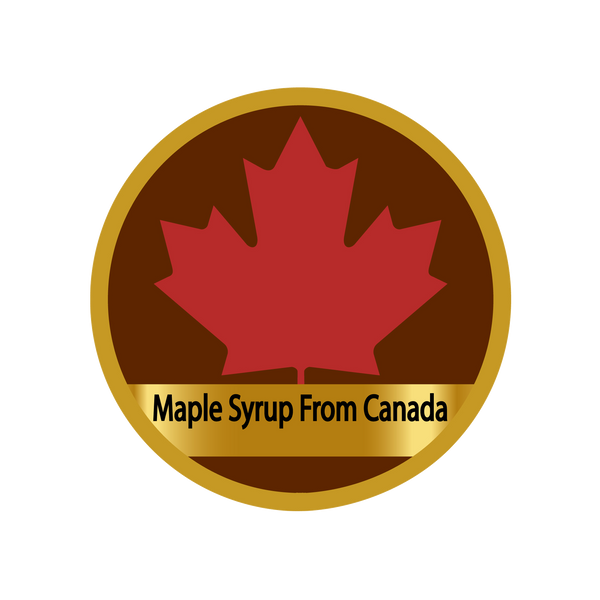Unveiling the Sweet Secret: The Chemical Composition of Maple Syrup vs. Other Sweeteners
In the world of sweeteners, maple syrup holds a distinguished place, cherished not only for its rich flavor but also for its unique nutritional benefits. Unlike its counterparts—refined sugar and honey—maple syrup's chemical composition offers a blend of sugars, minerals, vitamins, and antioxidants, positioning it as a healthier choice among natural sweeteners. This article explores the distinctive chemical makeup of maple syrup and how it compares with honey and refined sugar, shedding light on its potential health implications.
The Sugars Within: A Closer Look
The foundation of any sweetener is its sugar content, and here lies the first point of distinction. Maple syrup is predominantly composed of sucrose, with levels ranging from 90 to 99%, and traces of glucose and fructose. This contrasts with refined sugar, which is purely sucrose, offering sweetness but lacking nutritional complexity. Honey, on the other hand, presents a closer balance of glucose and fructose, with minimal sucrose, providing a different absorption and metabolic profile in the human body.
A Mineral-Rich Elixir
Venturing beyond simple sugars, maple syrup unveils its treasure trove of minerals. It boasts notable quantities of manganese, offering over 100% of the Daily Value in a 100-gram serving, alongside meaningful amounts of potassium, calcium, zinc, and iron. These minerals play crucial roles in bone health, immune function, and overall metabolism. In contrast, refined sugar stands nutritionally barren, devoid of any minerals. Honey, while containing trace minerals, generally offers less mineral content than maple syrup, making maple syrup a superior choice for those seeking mineral enrichment.
The Antioxidant Advantage
Maple syrup's chemical composition shines brightly with the presence of antioxidants, including phenolic compounds and flavonoids, which are absent in refined sugar. These antioxidants are known for their potential to combat oxidative stress, reduce inflammation, and possibly lower the risk of chronic diseases such as cancer and heart disease. Honey also contains antioxidants, though the types and amounts vary significantly based on its floral source. The diverse antioxidant profile of maple syrup, however, underscores its unique health-promoting potential among sweeteners.
Health Implications: A Sweet Conclusion
The rich chemical composition of maple syrup, with its blend of sucrose, beneficial minerals, and antioxidants, marks it as a notably healthier alternative to refined sugar. While honey shares some of these beneficial properties, the specific antioxidants and the higher mineral content in maple syrup provide compelling reasons for its inclusion in a balanced diet.
It's important to note, however, that all sweeteners should be consumed in moderation. Despite its benefits, maple syrup is still a concentrated source of sugars and calories. Integrating it into a diet that prioritizes whole foods and minimizes added sugars is key to harnessing its health benefits without compromising nutritional balance.
Embracing the Sweetness with Awareness
As consumers grow increasingly health-conscious, understanding the nutritional nuances of our sweetener choices becomes crucial. Maple syrup, with its natural sweetness, beneficial nutrients, and antioxidants, offers a compelling alternative to traditional sweeteners. By choosing maple syrup, consumers can enjoy not only its delightful flavor but also the added nutritional benefits it brings to the table, making every drop a step towards a healthier, sweeter life.

